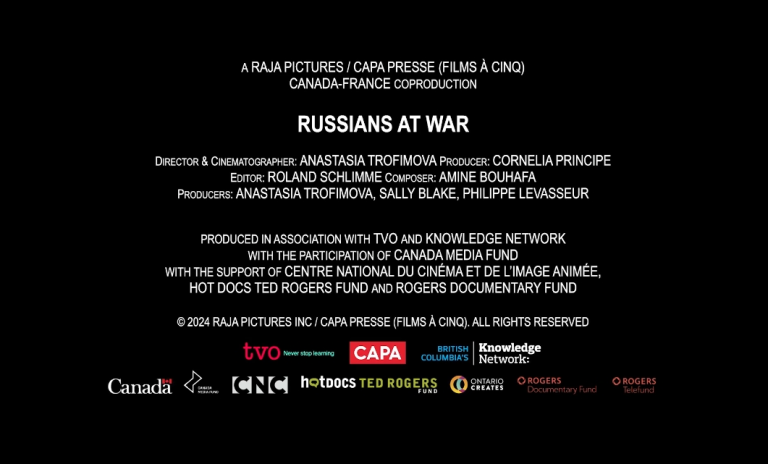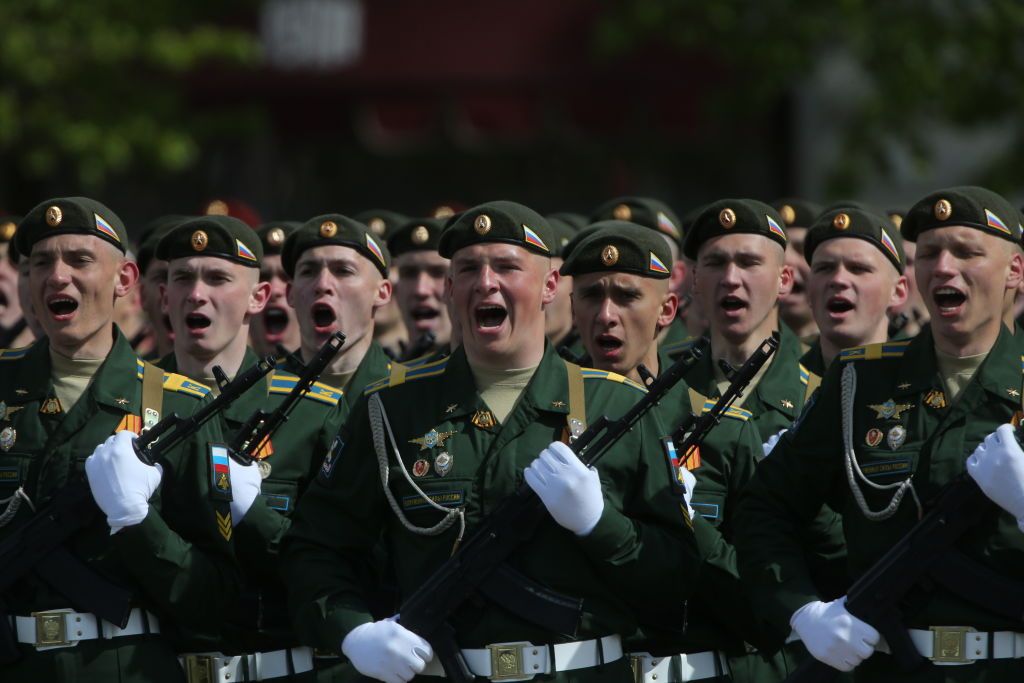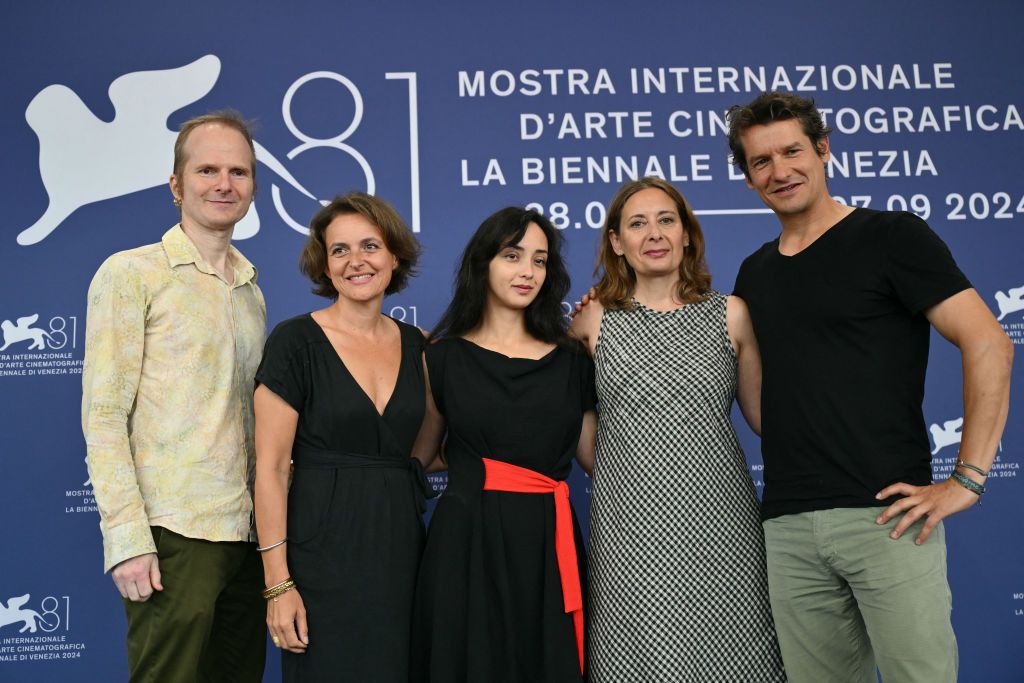Editor's note: This story has been updated to reflect the Ukrainian Canadian Congress' statement following revelations that the Canadian government-backed Canada Media Fund provided 340,000 Canadian dollars to support the film.
Controversy arose at the Venice Film Festival on Sept. 5 following the screening of a documentary film that attempts to humanize Russian soldiers involved in the war against Ukraine.
Russian-Canadian filmmaker Anastasia Trofimova, the director of “Russians at War,” was embedded with Russian troops fighting a war of aggression in Ukraine.
“I didn’t go there with prejudgement. Of course, I had all these stereotypes in my head that I got from reading Russian and Western media. But I didn’t judge (the Russian soldiers),” she said in an interview with Fred Film Radio during the festival.
The documentary trailer reveals that the film echoes several stereotypes propagated by Russian state-controlled media in an attempt to legitimize its genocidal war against Ukraine, which has claimed tens of thousands of lives and displaced millions.
“Russia and Ukraine have always been inseparable. I miss the brotherly union,” one soldier says to the camera, reinforcing the false narrative that Ukraine cannot exist as an independent state.
Russian President Vladimir Putin has repeatedly claimed that Ukraine is "inseparable” from Russia's history and culture, especially since the illegal annexation of Crimea in 2014
Another soldier in the trailer for the film declares, “I came (to war) today so that my kids don’t go tomorrow,” conveying the belief that their military aggression in Ukraine is somehow just.
Some of Trofimova’s previous work was affiliated with Russian state-controlled media. Several of her documentaries, “Congo, My Precious,” “Victims of ISIS,” “Her War: Women vs. ISIS,” and “The Road to Raqqa,” were produced by RT Documentary, a Russian state-owned TV channel.
Controversy over the film only grew louder with the revelation by the Ukrainian Canadian Congress (UCC) that the film is set to be screened at the Toronto International Film Festival (TIFF), and has previously received Canadian government funding.
A database of funded projects maintained by the Canada Media Fund - a public-private partnership backed by Department of Canadian Heritage - reveals that the film had received 340,000 Canadian dollars in funding from the Fund during their 2022-2023 fiscal year.
In the end credits of the film, the government of Canada's logo is shown, the UCC revealed.

In a letter sent to the Chair of TIFF on Aug. 19, the Ukrainian Canadian Congress decried the screening of the film, noting that Trofimova likely did not have permission from Ukraine's government to travel to Russian-occupied territory.
"If it is indeed the case, (Trofimova) has illegally crossed the internationally recognized Ukraine-Russia border, violated Ukrainian law and possibly breached Canadian sanctions," the letter read.
The UCC called on the screening to be canceled and that the organization would be "bringing this matter to the attention of the Royal Canadian Mounted Police," referring to Canada's national police force.
Ukrainian filmmakers, including those at this year’s Venice Film Festival, have voiced their concerns about the documentary being given a legitimate international platform.
According to Ukrainian film producer Darya Bassel, whose war documentary “Songs of Slow Burning Earth” is also being screened at the Venice Biennale, misinformed viewers might think that Trofimova’s “Russians at War” is an anti-war film.

In the documentary, Russian soldiers are shown repeatedly questioning the purpose of their involvement in the war, with Trofimova ultimately suggesting that they are being manipulated by larger political forces.
“The filmmaker — like Putin and his regime — plays an interesting game with these people. They deny (Russians) the simple ability to possess dignity and to think and decide for themselves. To her, these people are merely powerless objects,” Bassel wrote on Facebook.
“While I’m writing this and while you’re reading it, missiles are striking Ukrainian cities. The buttons are pushed by ordinary Russians. Are their crimes any less significant simply because they claim to be unaware of why they are involved in this war?”
In her ongoing press coverage for the film, Trofimova has also claimed that she never witnessed any war crimes being committed by Russian soldiers during her time on the front line.
The latest data published by the Prosecutor General’s Office in Ukraine shows that 141,518 war crimes have been committed by Russian soldiers since the start of the full-scale war in 2022.













